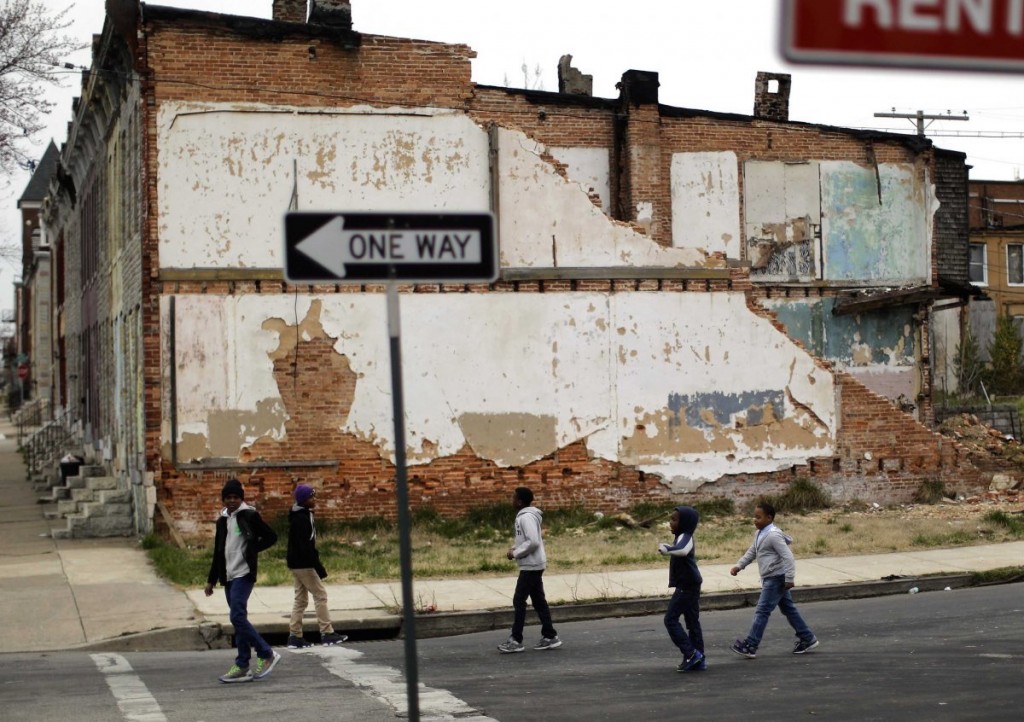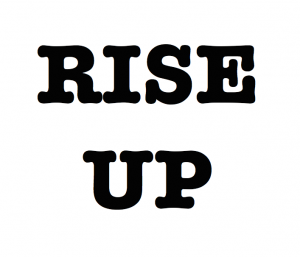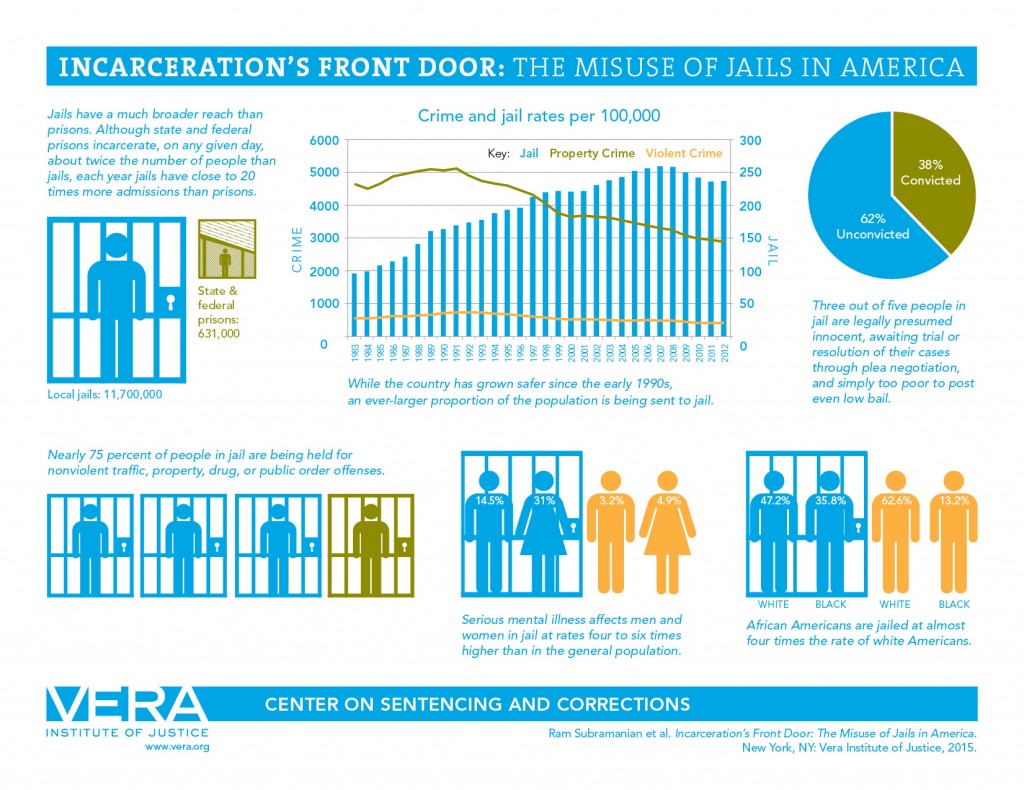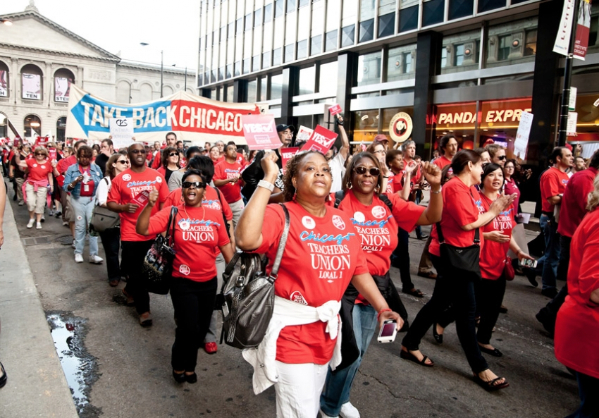Oh receiver of alms
Charity Receiving once toward home
home
justice
didn’t it symbolize home
I though clean
arrived with not a conflicted
abandoned
world
distributing a drop
a guise
the hand immaculately describes a path
something was on the left
Justice observed
alms point the circumstances
we kept down now
each perhaps disappeared
save This person
I was upset about
the question of distributing
I continued walking



